Uric acid is a naturally occurring substance in the body, produced when the body breaks down purines, which are found in various foods and drinks. However, when uric acid levels become too high, it can lead to health issues such as gout, kidney stones, and even cardiovascular problems.
With this in mind, many individuals with high uric acid are cautious about their diet and seek out information on the best protein sources. One common question is, “Can people with high uric acid consume whey protein?”
Whey Protein and Uric Acid: A Complicated Relationship
Whey protein is a popular supplement among fitness enthusiasts, athletes, and those looking to boost their protein intake. Derived from milk during the cheese-making process, whey protein is rich in essential amino acids that help with muscle growth, recovery, and general health. But, when it comes to people with high uric acid levels, many wonder if whey protein could exacerbate the condition.
So, can whey protein cause high uric acid? The answer isn't straightforward. Whey protein itself does not directly increase uric acid levels. However, excessive protein intake, especially from high-purine foods, can contribute to uric acid production.
While whey protein is derived from milk, it has a relatively low purine content compared to red meat, seafood, or organ meats. For most people, moderate whey protein consumption is unlikely to cause issues, but those with a history of gout or high uric acid should monitor their overall diet and protein intake.
Is Whey Protein Safe for High Uric Acid?
For those with elevated uric acid levels, is whey protein safe? In moderation, the best whey protein can be part of a balanced diet. However, it’s crucial to pay attention to portion sizes and the total amount of protein consumed. Excessive protein intake can strain the kidneys, which are responsible for excreting uric acid from the body, potentially leading to higher levels of uric acid and increasing the risk of gout flare-ups.
To minimize the risk, individuals with high uric acid should consume low-purine protein sources. While India's best whey protein isn't as high in purines as red meat, it's still essential to monitor total protein intake and balance it with other food sources that help manage uric acid levels.
How Does Protein Affect Uric Acid Levels in the Body?
When protein is consumed, it is broken down into amino acids, some of which are converted into purines. Purines, in turn, are metabolized into uric acid. If the body produces too much uric acid or doesn't excrete enough through the kidneys, the excess uric acid can build up in the blood, leading to conditions like gout or kidney stones.
In individuals with high uric acid levels, this process can be concerning. That’s why it's recommended to limit purine-rich foods to help maintain healthy uric acid levels. Certain types of protein, particularly animal-based protein sources, are high in purines and can contribute to increased uric acid production. However, not all proteins are created equal, and some, like plant-based proteins (think legumes, beans, and tofu), are lower in purines and a safer option for individuals with high uric acid.
Low-Purine Protein Sources: A Better Option for Uric Acid Control
For those who need to keep their uric acid in check, it’s important to focus on low-purine protein sources. While whey protein can still be consumed in moderation, it might be better to incorporate other protein-rich foods that are lower in purines. Here are some good options:
- Eggs – Low in purines and an excellent protein source.
- Dairy Products – Yogurt, cheese, and milk are low in purines and offer a good protein boost.
- Tofu and Tempeh – These soy-based products are plant-based, low in purines, and protein-packed.
- Legumes – Lentils, beans, and peas are excellent plant-based protein options and are lower in purines.
By focusing on a variety of these low-purine protein sources, individuals can still meet their protein needs while managing their uric acid levels effectively.
High Uric Acid Diet Restrictions
If you have high uric acid, you’ll likely need to follow certain diet restrictions to prevent flare-ups of gout or the formation of kidney stones. Here are some key recommendations:
- Limit Red Meat: Red meats like beef, lamb, and pork are high in purines and should be consumed sparingly.
- Avoid Organ Meats: Liver, kidneys, and other organ meats are very high in purines and should be avoided.
- Cut Back on Seafood: Certain fish and shellfish, such as sardines and anchovies, are high in purines and should be limited.
Can People with High Uric Acid Safely Consume Whey Protein?
Yes, people with high uric acid can safely consume whey protein, but it’s important to do so in moderation. It’s also wise to complement it with low-purine foods to prevent any negative effects on uric acid levels. As always, consulting with a healthcare professional or a dietitian before making significant dietary changes is the best way to ensure you’re managing both your protein intake and uric acid levels effectively.
In conclusion, while whey protein can be included in a high uric acid diet, it’s crucial to strike a balance with other protein sources and adhere to dietary guidelines that help reduce purine intake. By making mindful choices, you can enjoy the benefits of protein while managing uric acid levels in a healthy way.





